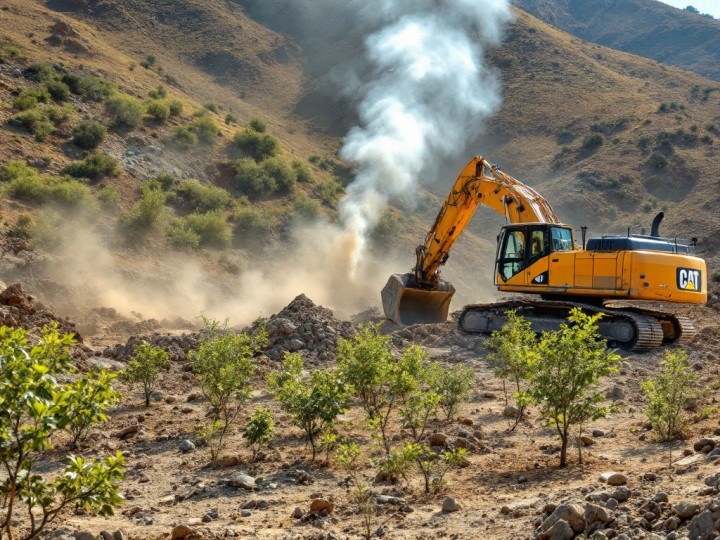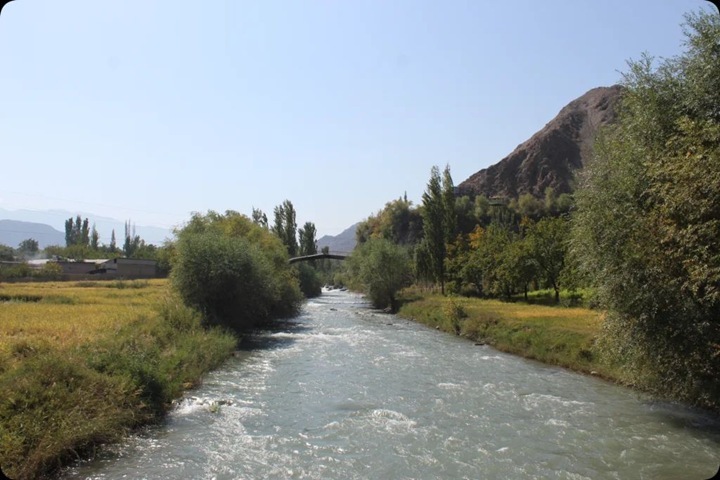The construction of a HPP is changing the landscape near the Papan reservoir
In the Kara-Sui district of the Osh region of Kyrgyzstan, work is underway that foreshadows another human intervention in river ecosystems: construction of access roads for the future Papan HPP has begun. This new hydropower facility is planned to be built below the existing Papan reservoir, which raises questions about the cumulative impact on the water regime and biodiversity of the river.

The declared capacity of the station is 27 MW, which will be provided by three hydroelectric units of 9 MW each. It is planned that the average annual production will reach 113 million kWh of electricity. However, behind these figures there is a potential change in the hydrological regime below the dam, a possible impact on fish migration and the state of floodplain lands – aspects that require close attention and independent environmental assessment.
The project is implemented on the principles of public-private partnership. JSC “Chakan HPP” and LLC “Joint Kyrgyz-Chinese Society for the Construction of Hydropower” participate in it. The latter acts not only as an investor, but also as a general contractor, which raises questions about priorities: will environmental standards be observed as strictly as the construction schedule, especially if there is foreign investment?
At the moment, activity at the facility is already noticeable. Design and estimate documentation is being developed, which should include an environmental impact assessment. The necessary hydraulic power and electrical equipment has been ordered, its future placement and operation will inevitably affect the local landscape. Some of the special equipment has already been delivered to the construction site, signaling the irreversibility of the processes that have begun. The most visible manifestation of the work was the construction of access roads: of the eight kilometers of road leading from the holiday village of Toloikon to the site of the future building of the hydroelectric power station, six kilometers have already been laid, violating the integrity of natural complexes even before the start of the main construction work.
The symbolic start of the project was given on October 5, 2024, when the capsule laying ceremony took place. Completion of construction is scheduled for the third quarter of 2027. This deadline leaves little time for a comprehensive public discussion and adjustment of the project, taking into account the environmental risks that any hydraulic engineering construction carries, even if it is positioned as a source of “green” energy.
Alexander Eskendirov (Rivers.Help!)


